14 July 2020
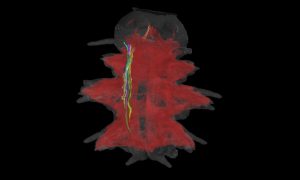
The image shows a larva of Platynereis dumerilii, a marine worm. The image here was produced by Constantin Pape, a visiting predoctoral fellow in the Kreshuk group at EMBL Heidelberg.
SCIENCE & TECHNOLOGY
2020
picture-of-the-weekscience-technology
6 May 2020
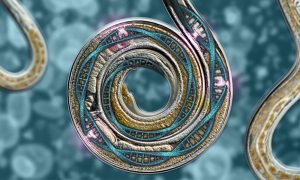
DNA mutations are caused by a combination of DNA damage and repair, shows study by EMBL-EBI and collaborators.
SCIENCE & TECHNOLOGY
2020
sciencescience-technology
31 March 2020
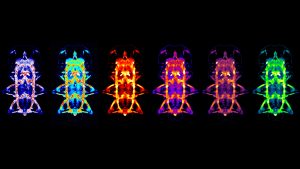
Paola Bertucci, from the Arendt Group at EMBL Heidelberg, studies the evolution of Platynereis dumerilii – a species of annelid polychaete worm.
SCIENCE & TECHNOLOGY
2020
picture-of-the-weekscience-technology
1 October 2019
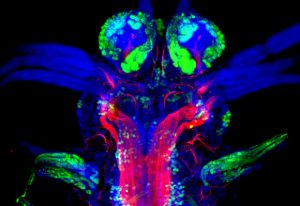
Model organisms are species that are studied extensively to understand particular biological phenomena and processes, with the expectation that discoveries made in the model organism will provide insight into the workings of other organisms. The small marine ringed worm Platynereis dumerilii gained…
SCIENCE & TECHNOLOGY
2019
picture-of-the-weekscience-technology
3 September 2019
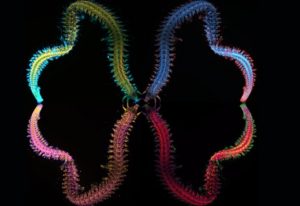
This gorgeous image of a stained adult marine worm was created by former EMBL postdoc Hernando Martinez using structured microscopy. The worm itself was captured during plankton extraction off the coast of Sweden. There are over 10 000 species of these swimming worms, and they have adapted to every…
SCIENCE & TECHNOLOGY
2019
picture-of-the-weekscience-technology
2 September 2010
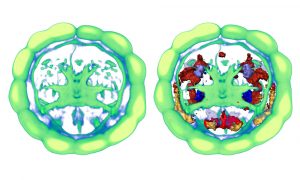
Our cerebral cortex, or pallium, is a big part of what makes us human: art, literature and science would not exist had this most fascinating part of our brain not emerged in some less intelligent ancestor in prehistoric times. But when did this occur and what were these ancestors? Unexpectedly,…
SCIENCE & TECHNOLOGY
2010
sciencescience-technology





